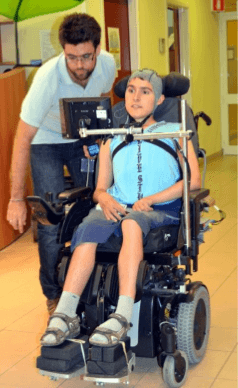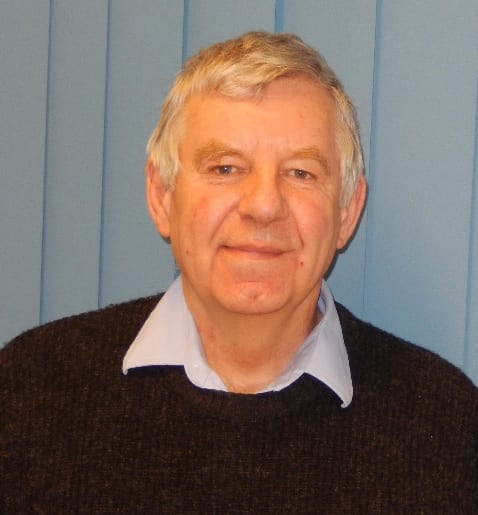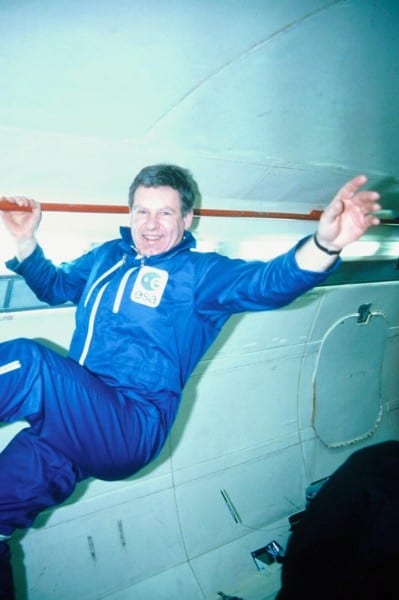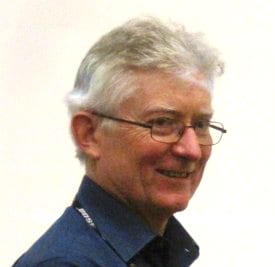10 Questions
By ucqncca, on 30 July 2015
In this monthly feature, the Institute of Biomedical Engineering (IBME) interviews our researchers, academics, students, clinicians, affiliates and partners to find out a little more about who they are and what they do.
This month we interviewed Professor Kwang-Leong Choy, Director of the UCL Institute for Materials Discovery and Professor for Material Discovery at UCL. We asked her 10 questions around her research, career and personal life. Here are her answers….
 1) How long have you worked as Director of the UCL Institute for Materials Discovery and Professor for Material Discovery at UCL?
1) How long have you worked as Director of the UCL Institute for Materials Discovery and Professor for Material Discovery at UCL?
Since February 2014
2) Can you please describe what it is you do?
I work in Materials Discovery, so we work with new materials, new processes, materials with improved/enhanced performance, new applications of materials, and we link theory with practice.
3) What brought you to the world of science/engineering/medical technologies/medicine?
I’ve always wanted to make a difference in the science, engineering and medical fields. Now I’m able to use materials and apply my knowledge and skills to contribute to these fields.
4) What keywords would you use to describe your work?
Innovation; Discovering new things; Excitement; Passionate about inventions; Novelty factor.
5) What has been your career highlight?
The research that I do is incredibly important to me and it’s exciting to see how my work can make a difference in the world. It’s remarkable to see how my research ideas have been transformed from conception to demonstration and exploitation.
6) What’s the best piece of advice you’ve given others?
There are so many little sayings I enjoy sharing with others. Not only do I believe them, I also live by them daily: Failure is a medicine that one should use to improve; When one door shuts, another opens. When you lose one opportunity, you often find a different one; Life is a journey.
7) If you had a superpower, what would it be and why?
I would love to engineer a perfect surface solution with self-healing properties and the capability to harness energy from nature in an effortless and eco-friendly way – that would be amazing. And then I would develop new materials based on my research.
8) What do you do in your spare time?
I really enjoy getting involved in various charity projects. I would always like to do more for the community, but time is always a factor. I also enjoy spending time with my children.
9) What’s your favourite book at the moment?
Life Ascending: The Ten Great Inventions of Evolution by Nick Lane
10) Is there anything else you would like to share?
I would love the opportunity to collaborate with UCL colleagues across all disciplines and open up new areas of research leading to material discovery. If you are also interested in getting involved in something like this, please send me an email at k.choy@ucl.ac.uk
Professor Choy obtained her D.Phil. in Materials Science from the University of Oxford. Her D.Phil. thesis was on the Chemical Vapour Deposition of new ceramic protective coatings for SiC fibres reinforced Ti based metal matrix composites.
She currently leads a team of 12 researchers, performing pioneering research into novel, sustainable, and cost-effective processing of nanostructured materials, thin films and thick coatings using non-vacuum and environmentally friendly chemical vapour based deposition methods, with unique nanocrystalline microstructure and superior properties for structural, functional and biomedical applications.
She has over 25 years’ experience in surface coating and nanomaterials.
 Close
Close








 1) What is your job title?
1) What is your job title? 1) What is your job title?
1) What is your job title? 1) What is your job title?
1) What is your job title? 1. What is your job title?
1. What is your job title?
